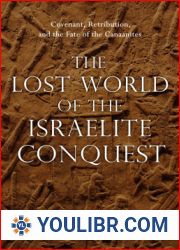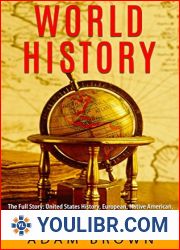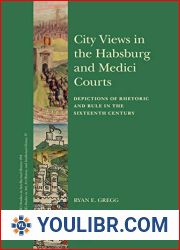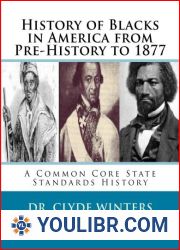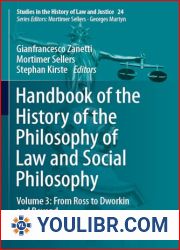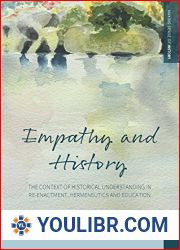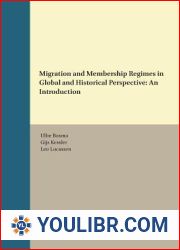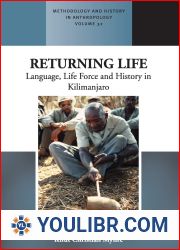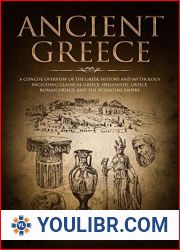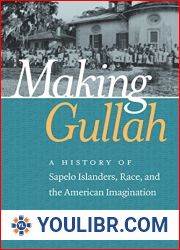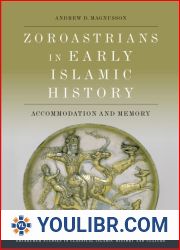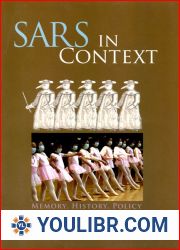
BOOKS - The Canaanites and Philistines: The History and Legacy of the Ancient Israeli...


US $6.88

426143

426143
The Canaanites and Philistines: The History and Legacy of the Ancient Israelites' Enemies in the Land that Became Israel
Author: Charles River Editors
Year: November 26, 2017
Format: PDF
File size: PDF 2.4 MB
Language: English
Year: November 26, 2017
Format: PDF
File size: PDF 2.4 MB
Language: English
*Includes pictures *Includes ancient accounts *Includes online resources and a bibliography for further reading *Includes a table of contents Individuals who decide to take up learning about the Old Testament of the Bible are immediately faced with the difficult proposition of identifying the various peoples that the Hebrews met and sometimes came into conflict with when they entered the territory that eventually became Israel. The Moabites and Edomites were just two of the many Canaanite groups that the Hebrews dealt with, often violently, but there were dozens of other Canaanite groups, which were all for the most part identified through the names of their respective cities. In fact, before the Hebrews established a kingdom and before the Phoenicians colonized much of the Mediterranean, the Canaanites were the most important group in the Levant for much of the Bronze Age and into the early Iron Age. Although the Canaanites never created a unified nation-state or kingdom, their importance in the ancient Near East cannot be understated. It was at least partially because of that fact that the Canaanites were unable to resist their larger and more powerful neighbors that the average person today knows so little about their history, but modern studies have revealed that they developed a unique religion that influenced non-Canaanite peoples and continued to be practiced in some form centuries after the Canaanites ceased to be an identifiable people. Furthermore, during the height of the Bronze Age the Canaanites provided important resources to the Egyptian and Hittite Empires and played a key role in the geopolitical game of chess between those two kingdoms. It also goes without saying that the Canaanites were also a factor in the establishment of the Kingdom of Israel, as the battles they lost to the Hebrews later became the foundation of the Jewish kingdom. Today, the term "Philistine" is often used as a euphemism for a person who is particularly uncouth, uncultured, ignorant, and possibly violent. Most people probably do not know the etymology of the word when they use it, and those that do probably only know the Philistines as villains from the Old Testament who were the eternal enemies of the Hebrews prior to and immediately after the latter formed the kingdom of Israel. Others may know the Philistines from the Biblical story of David and Goliath, as the "giant" was not only much larger than David but also a Philistine leader who commanded a large host of men. Although the Old Testament provides a credible source for some aspects of Philistine culture, it naturally paints a picture of them as a group of bloodthirsty warriors whose one purpose was to oppress the Hebrews Israelites. When corroborated with ancient Egyptian and Mesopotamian sources, along with modern archaeological studies, an examination reveals that the reputation that the Philistines earned from the Old Testament was partially warranted, but that there was also much more to Philistine culture. In fact, evidence indicates that while the Philistines were a warrior society who fought with the Israelites for a number of years, they also developed advanced aspects of their culture, including sophisticated government, a unique religion, and art (especially pottery). The Philistines may not have developed an extensive empire as the Egyptians, Babylonians, and Assyrians did, but their contributions to the history of the Ancient Near East was not minimal either. The Philistines' presence and influence on the history of the ancient Near East was brief, and their departure from the historical record was especially quick, but while they were around they were a force to be reckoned with in the region.








